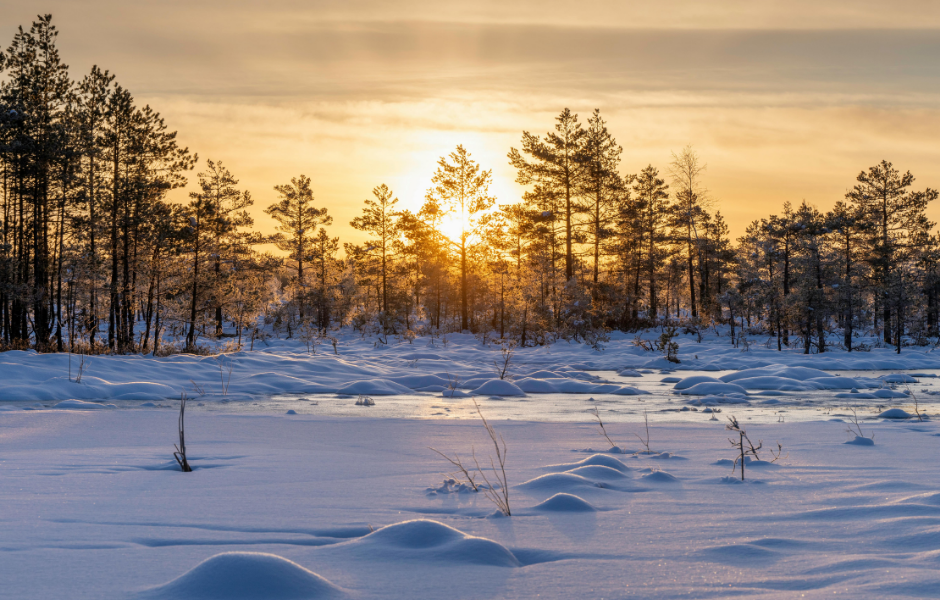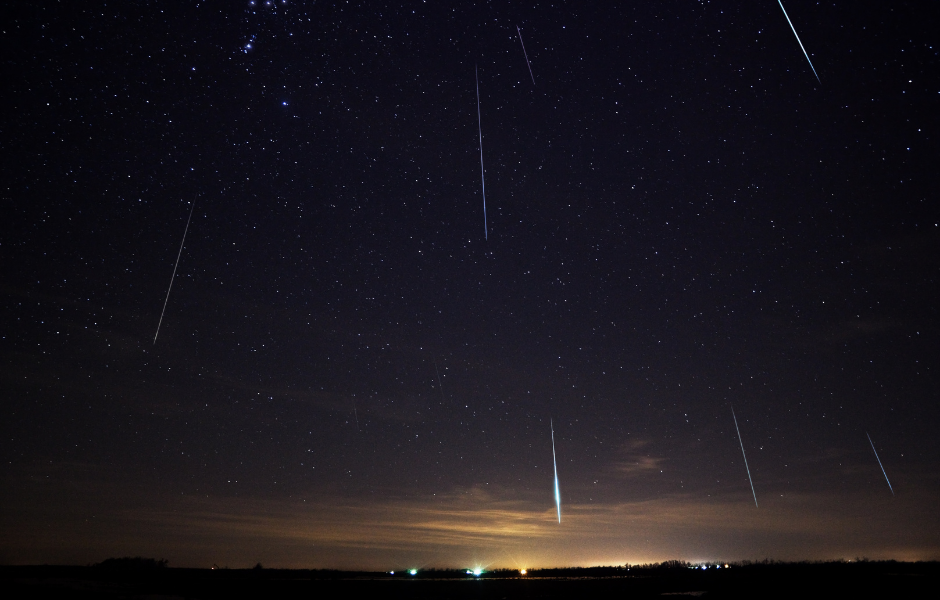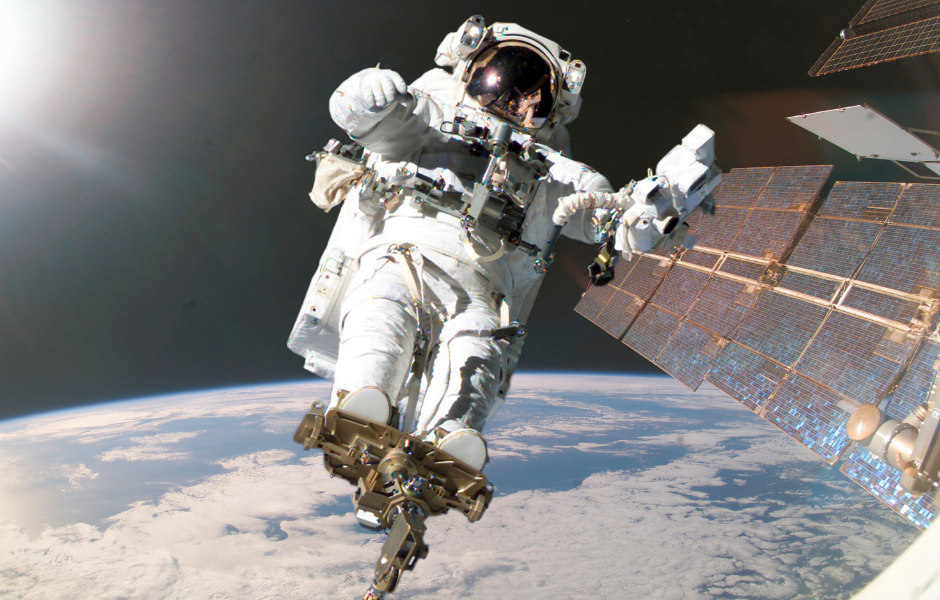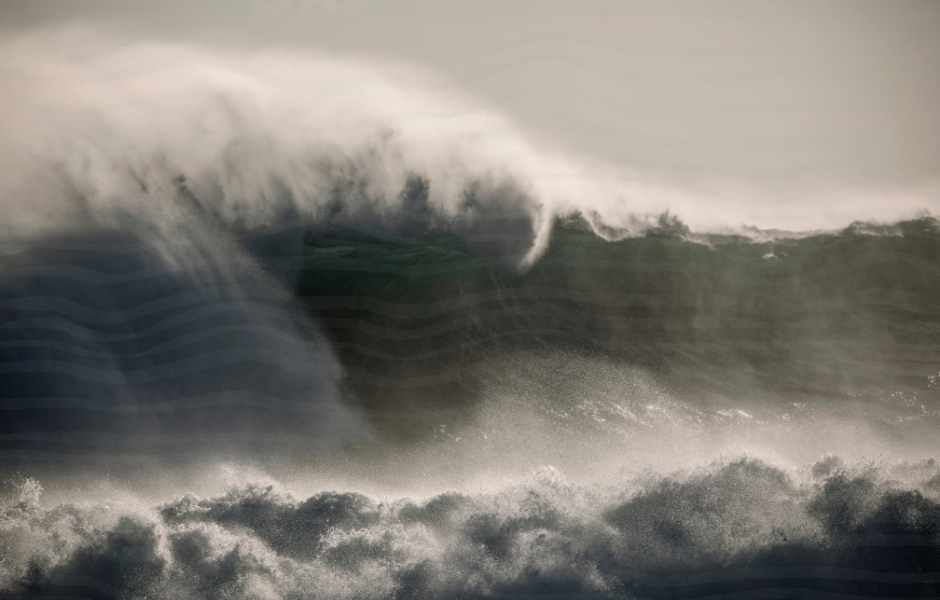
This children’s article, What is a tsunami: a kids’ guide to these powerful ocean waves, has been written for native English speakers and learners of English as a second or foreign language. It can help children improve their reading and comprehension skills, learn new science and geography words, and understand how tsunamis happen. Written by Sinead O’Carroll, an experienced teacher and writer.
What is a tsunami?
A tsunami is a series of powerful waves in the ocean. These waves are usually caused by large earthquakes under the sea. Sometimes, a volcanic eruption or a landslide can cause a tsunami too.
Tsunamis happen when something suddenly moves the seabed. This movement pushes a huge amount of water, creating waves that travel across the ocean. These waves can move as fast as a jet plane – up to 805 kilometres (500 miles) per hour!
Where do tsunamis happen?
Many tsunamis happen in the Pacific Ocean. This area is called the Ring of Fire, where there are lots of volcanoes and strong earthquakes. Japan, Indonesia, and Russia often experience tsunamis, but they can happen anywhere in the world.Japan has the longest history of tsunamis. In fact, the word tsunami comes from Japanese and means “harbour wave”.
What do tsunami waves look like?
In the deep ocean, tsunami waves are very long but not very tall. They can pass under boats without being noticed. However, when the waves reach shallow water near the coast, they slow down and grow much taller. That is when they become dangerous.
Tsunamis often crash into coastal towns and harbours, damaging buildings, roads, and boats. Some large tsunamis can continue for days, with the biggest waves arriving hours after the first ones.
Warning signs of a tsunami
There are some important warning signs that a tsunami might be on the way:
- Strong shaking from an earthquake
- A loud roaring sound from the sea
- A sudden rise or fall in sea level
- A large wall of water moving quickly
- Animals acting in strange ways
If you are ever near the coast and notice any of these signs, it is important to move quickly to higher ground and follow local safety instructions.
To find out more about Tsunamis, read this article from the National Oceanic and Atmospheric Administration
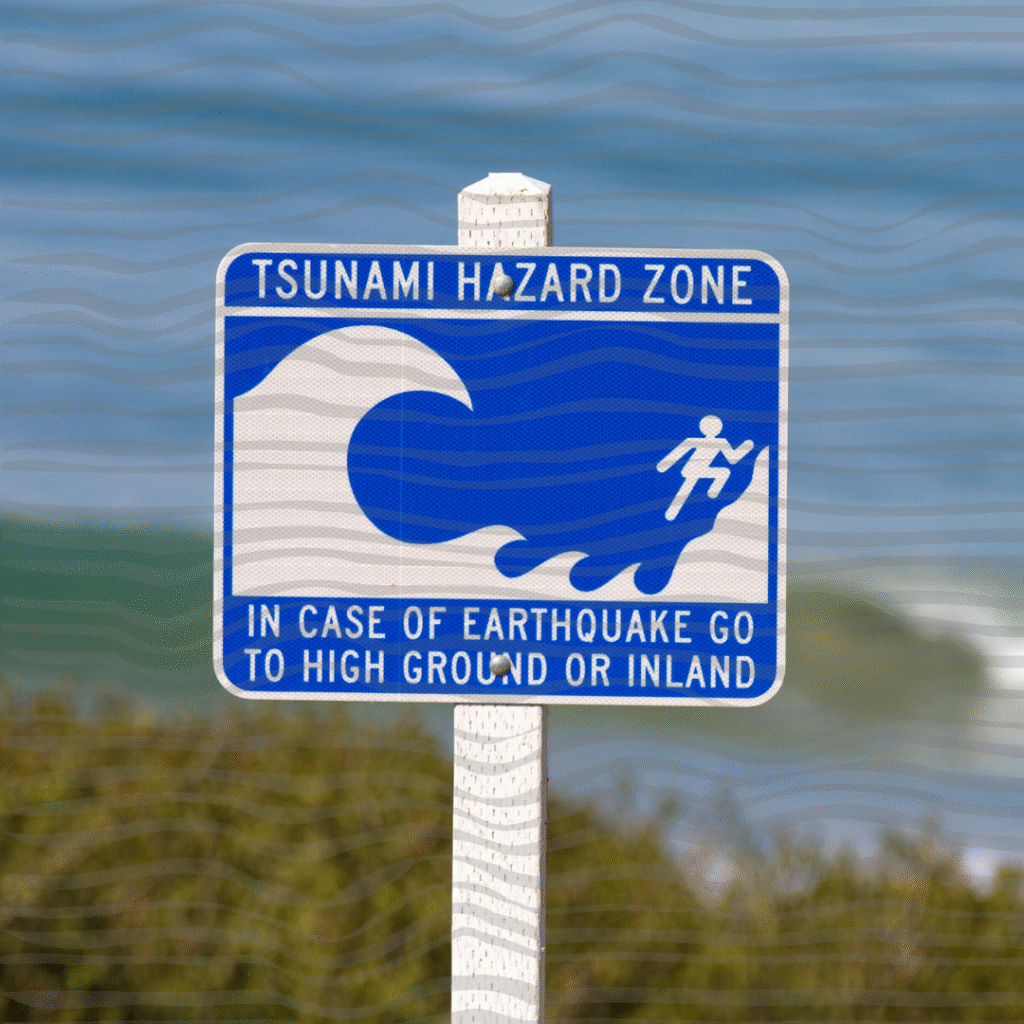
Article vocabulary list
- Tsunami – A series of large ocean waves caused by sudden movements on the sea floor
- Volcano – A mountain that can erupt with lava, ash, and gases
- Earthquake – A sudden shaking of the ground caused by movement underground
- Seabed – The bottom of the sea or ocean
- Coastal – Related to land near the sea
- Ring of Fire – A zone around the Pacific Ocean with many earthquakes and volcanoes
- Harbour – A place where ships stay safe near the coast
- Landslide – When rocks and earth suddenly slide down a slope
Comprehension questions
Just click the plus (+) to see the answer
1. What usually causes a tsunami?
a) Strong winds
b) Earthquakes or volcanic eruptions
c) Heavy rain
Answer: b) Earthquakes or volcanic eruptions
2. What does the word “tsunami” mean?
a) Ocean monster
b) Giant wave
c) Harbour wave
Answer: c) Harbour wave
3. Which ocean has the most tsunamis?
a) Indian Ocean
b) Arctic Ocean
c) Pacific Ocean
Answer: c) Pacific Ocean
4. How fast can tsunami waves travel in deep water?
Answer: Up to 805 kilometres per hour
5. What happens to tsunami waves as they get closer to land?
a) They disappear
b) They slow down and get taller
c) They get smaller
Answer: b) They slow down and get taller
6. Name one warning sign of a tsunami.
Answer: A loud ocean roar / a sudden rise or fall in sea level / strong earthquake / wall of water / strange animal behaviour (any one is correct)
Sinead is a writer and EFL teacher with eight years’ experience. She’s a native English speaker who loves making news stories fun and easy to understand for children around the world. Her passions include travel, animals, and helping to make the world a kinder, more sustainable place.


